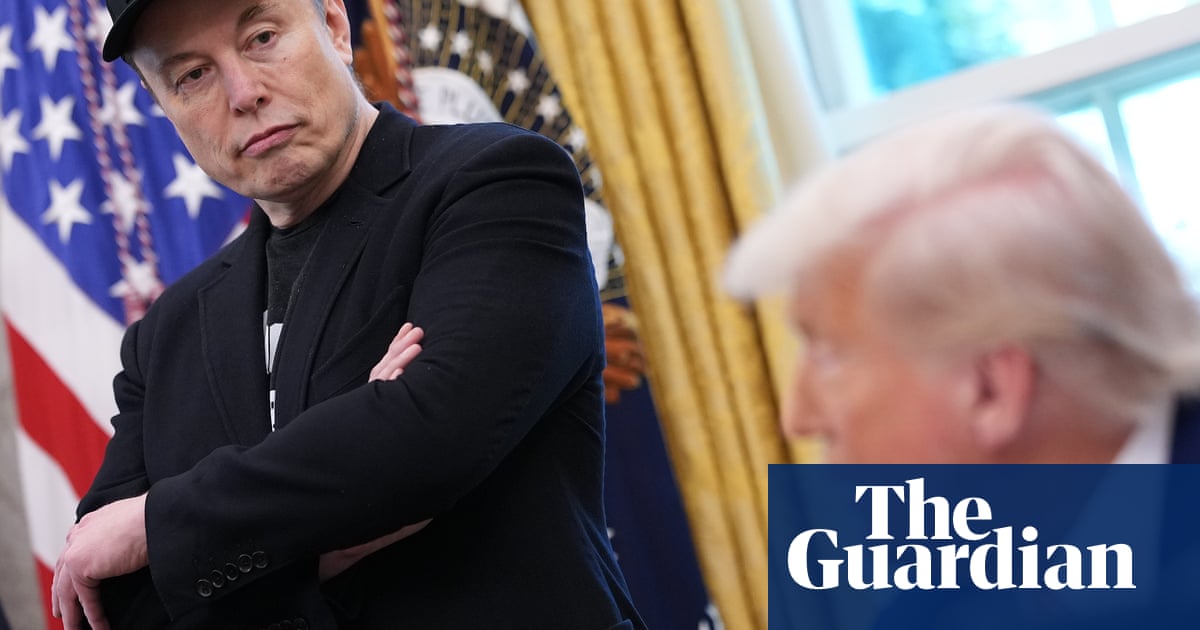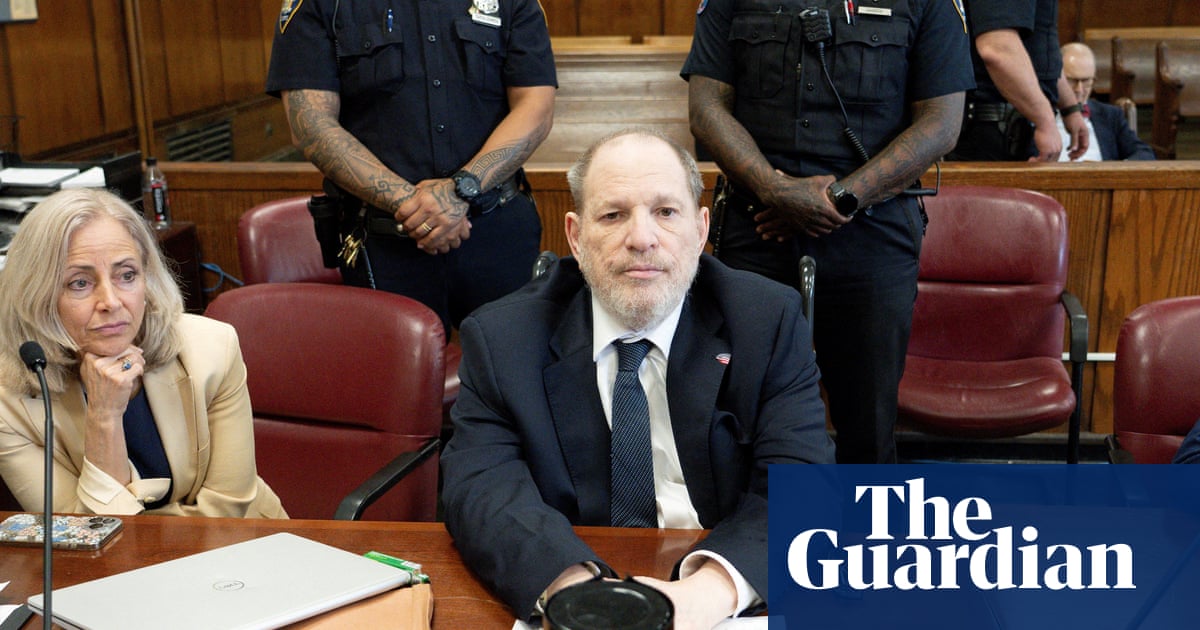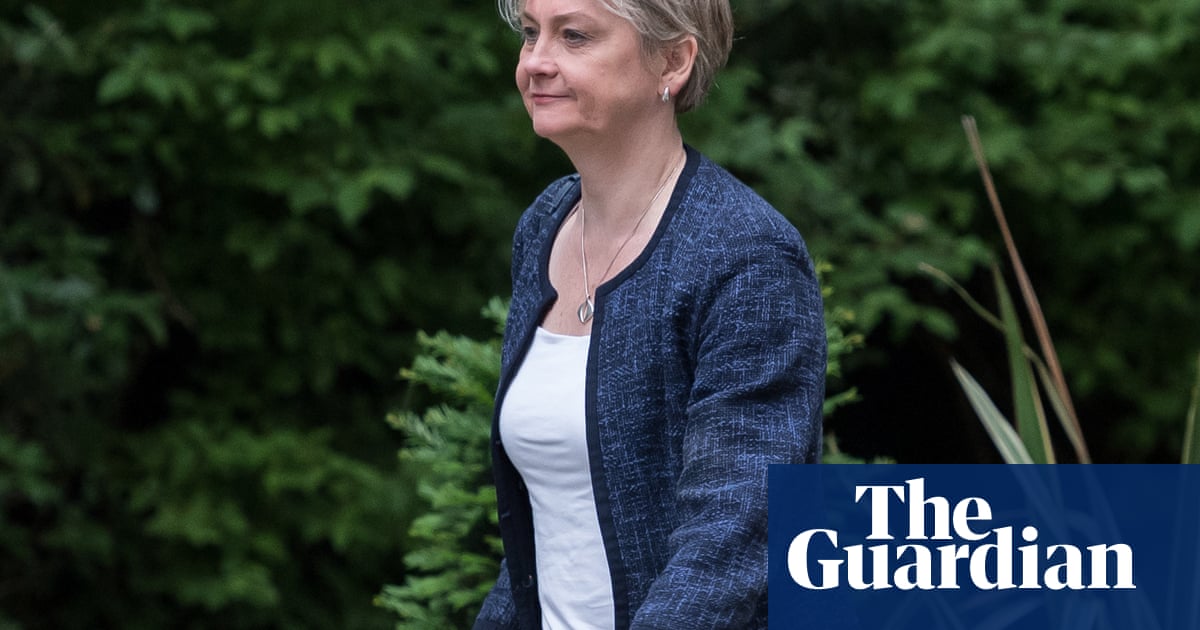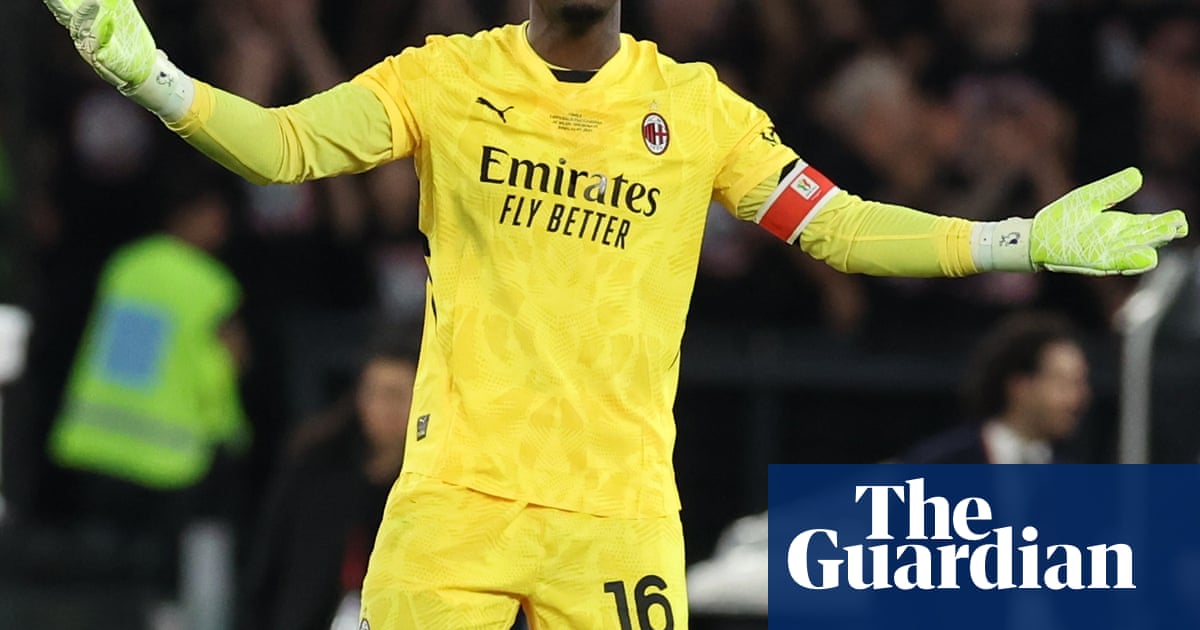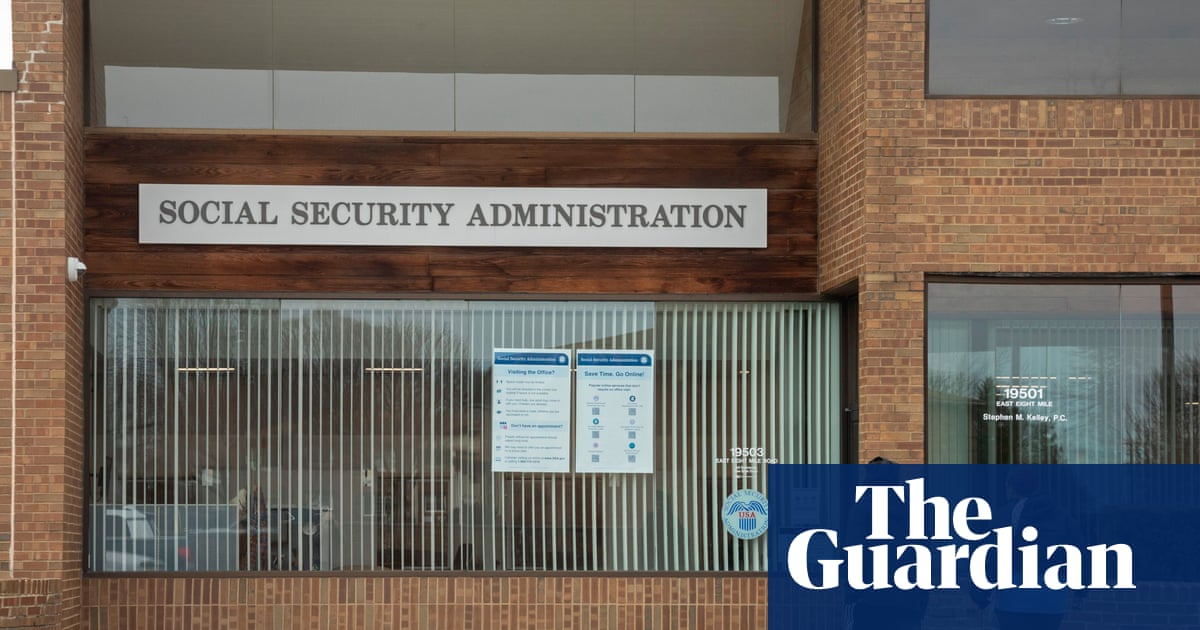Adding VAT to private school fees discriminates against children with conditions such as autism whose needs cannot be adequately met by UK state schools, the high court has been told.
The legal action against Labour’s policy is being taken by parents claiming that VAT on school fees is a breach of human rights law and discriminatory on grounds including religion, nationality, disability and mental health.
Jeremy Hyam KC, representing two children with special educational needs in private schools, said higher fees would force 35,000 children with SEN into the state sector where provision was “in crisis”.
“Those children displaced with SEN will be going into a system which either will not meet, or is highly unlikely to meet their needs, as compared to the needs of those without SEN in the same situation,” Hyam said in a submission to the court.
In opening arguments for the families, Lord Pannick KC said the parents of one autistic child with communication and sensory processing difficulties had moved their child to an independent school after the child was unable to cope with the noise and size of a state primary school.
The parents paid private school fees using a disability living allowance. But the 20% increase in fees from adding VAT meant the child “will be forced to leave the school and return to a state primary school of the sort which was unable to meet his educational needs”, Pannick told the court.
James Eadie KC, representing the Treasury, HMRC and the Department for Education, said local authorities paid the fees of pupils with assessed special needs who had a private school placement as part of an education health and care plan (EHCP) agreed between councils and parents.
More than 1 million children with special needs but without an EHCP go to mainstream state schools in England. The VAT policy will also apply to private schools in Wales, Scotland and Northern Ireland, which have differing forms of provision.
Bruno Quintavalle, representing four private Christian schools and parents who have sent their children to them, said the “ill thought-out proposal” placed parents in “impossible positions”.
“The claimant parents are not prepared to send their children to state schools, because the secular education provided by the state sector would oblige the children to be educated in a way contrary to the parents’ religious convictions or would otherwise expose their children to risks which they cannot in conscience assume,” he said in a submission.
Among those challenging the policy is Stephen White, whose children attend Bradford Christian school, a private faith school in West Yorkshire.
Speaking outside the hearing, White said: “We all make a sacrifice to send them there, and it’s wrong, because we’re actually saving the state a load of money.”
Eadie said an obligation to respect the religious convictions of parents was not affected by the VAT policy: “The existence of such convictions does not require the state to finance an education system to comply with such convictions, still less to refrain from taxing the provision of that or any private education.”
Eadie said in his submissions that abolishing the VAT exemption for school fees was a policy in Labour’s election manifesto, expected to raise up to £1.7bn a year.
“Parents wishing to opt out of the system of universally accessible state-funded education are free to choose any private education for their child that they can afford, or to educate their child at home,” Eadie said.
“The fact that measures of general application, such as taxes, minimum wage laws, national insurance, etc, affect the cost of providing such a service, and therefore its purchase price, does not make those measures an interference with freedom to offer or receive private education.”
The hearing before Dame Victoria Sharp, Lord Justice Newey and Mr Justice Chamberlain concludes on Thursday, with a decision expected to follow later.

.png) 2 months ago
34
2 months ago
34
